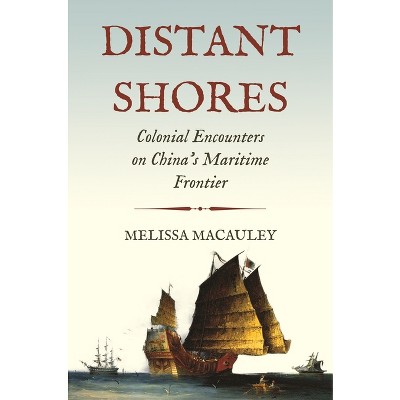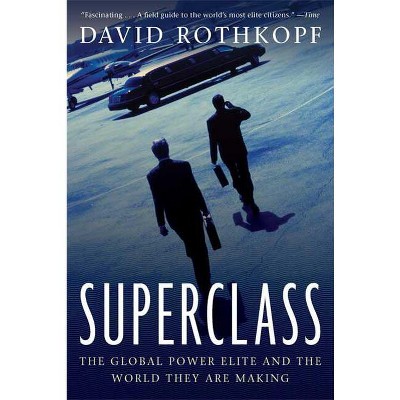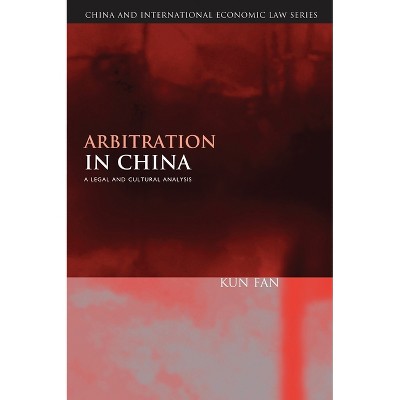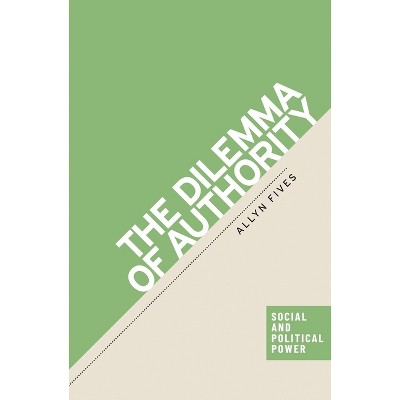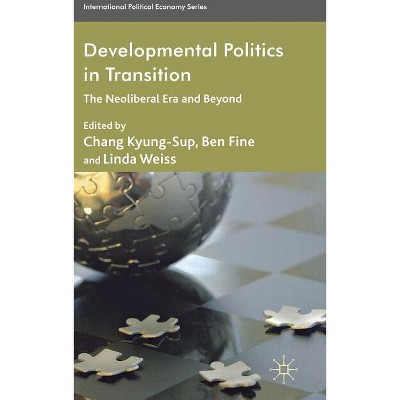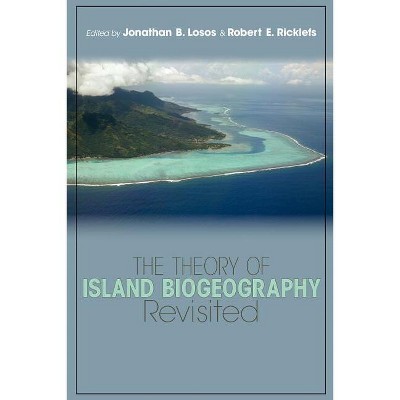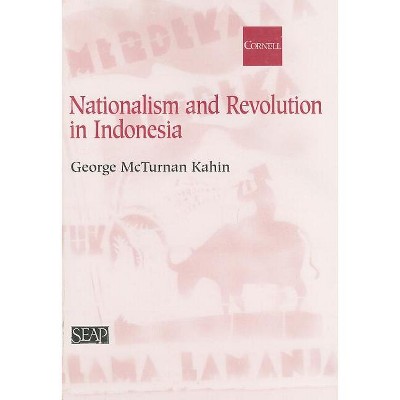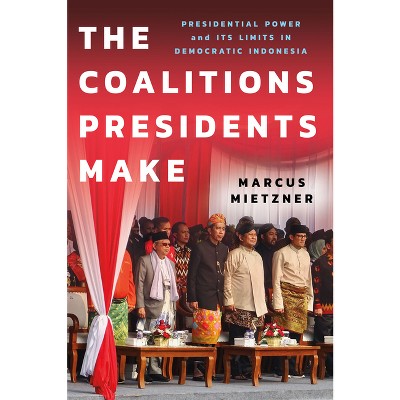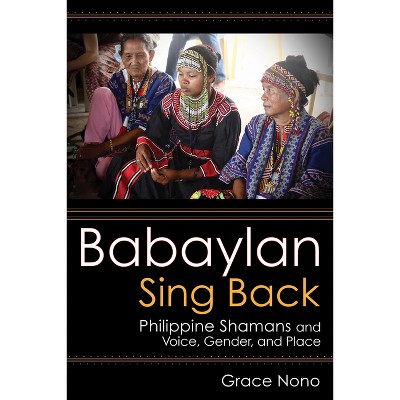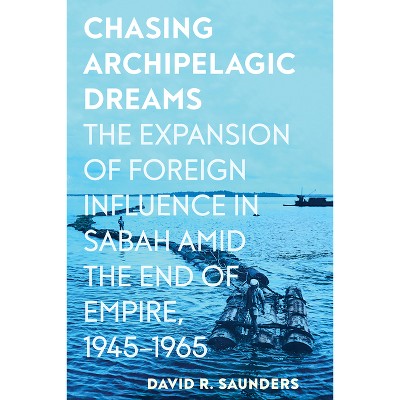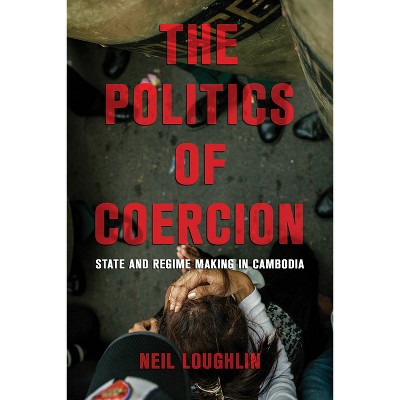Sponsored

Resource Nationalism in Indonesia - by Eve Warburton (Paperback)
In Stock
Sponsored
About this item
Highlights
- In Resource Nationalism in Indonesia, Eve Warburton traces nationalist policy trajectories in Indonesia back to the preferences of big local business interests.
- About the Author: Eve Warburton is a Research Fellow at the Coral Bell School of Asia Pacific Affairs at the Australian National University.
- 252 Pages
- Political Science, Public Policy
Description
About the Book
"This book explores how, when, and why states nationalize their natural resources. Focusing on Indonesia, Eve Warburton shows that the Indonesian government took an increasingly nationalist approach to foreign ownership in its resource sectors, particularly after the global commodity boom of the twenty-first century"--Book Synopsis
In Resource Nationalism in Indonesia, Eve Warburton traces nationalist policy trajectories in Indonesia back to the preferences of big local business interests. Commodity booms often prompt more nationalist policy styles in resource-rich countries. Usually, this nationalist push weakens once a boom is over. But in Indonesia, a major global exporter of coal, palm oil, nickel, and other minerals, the intensity of nationalist policy interventions increased after the early twenty-first-century commodity boom came to an end. Equally puzzling, the state applied nationalist policies unevenly across the land and resource sectors. Resource Nationalism in Indonesia explains these trends by examining the economic and political benefits that accrue to domestic business actors when commodity prices soar. Warburton shows how the centrality of patronage to Indonesia's democratic political economy, and the growing importance of mining and palm oil as drivers of export earnings, enhanced both the instrumental and structural power of major domestic companies, giving them new influence over the direction of nationalist change.
Review Quotes
Resource Nationalism in Indonesia is a valuable contribution to the literature on resource nationalism and the political economy of Indonesia. It is thoroughly and well researched, grounded in empirical observations and analysis and based on the author's extensive first-hand experience and knowledge of Indonesia. But where it really shines is acknowledging that Indonesia's political economy cannot be viewed through a single theoretical or ideological lens. Warburton acknowledges this, and this willingness to wade into the messy complexity of Indonesia's political economy and unpack it yields valuable insights.
-- "The Developing Economies"About the Author
Eve Warburton is a Research Fellow at the Coral Bell School of Asia Pacific Affairs at the Australian National University.
Shipping details
Return details
Frequently bought together
Trending Non-Fiction






